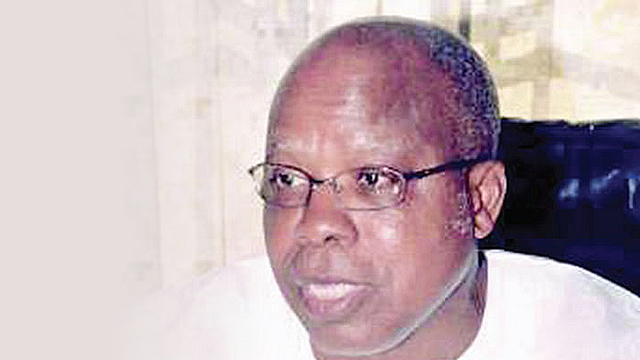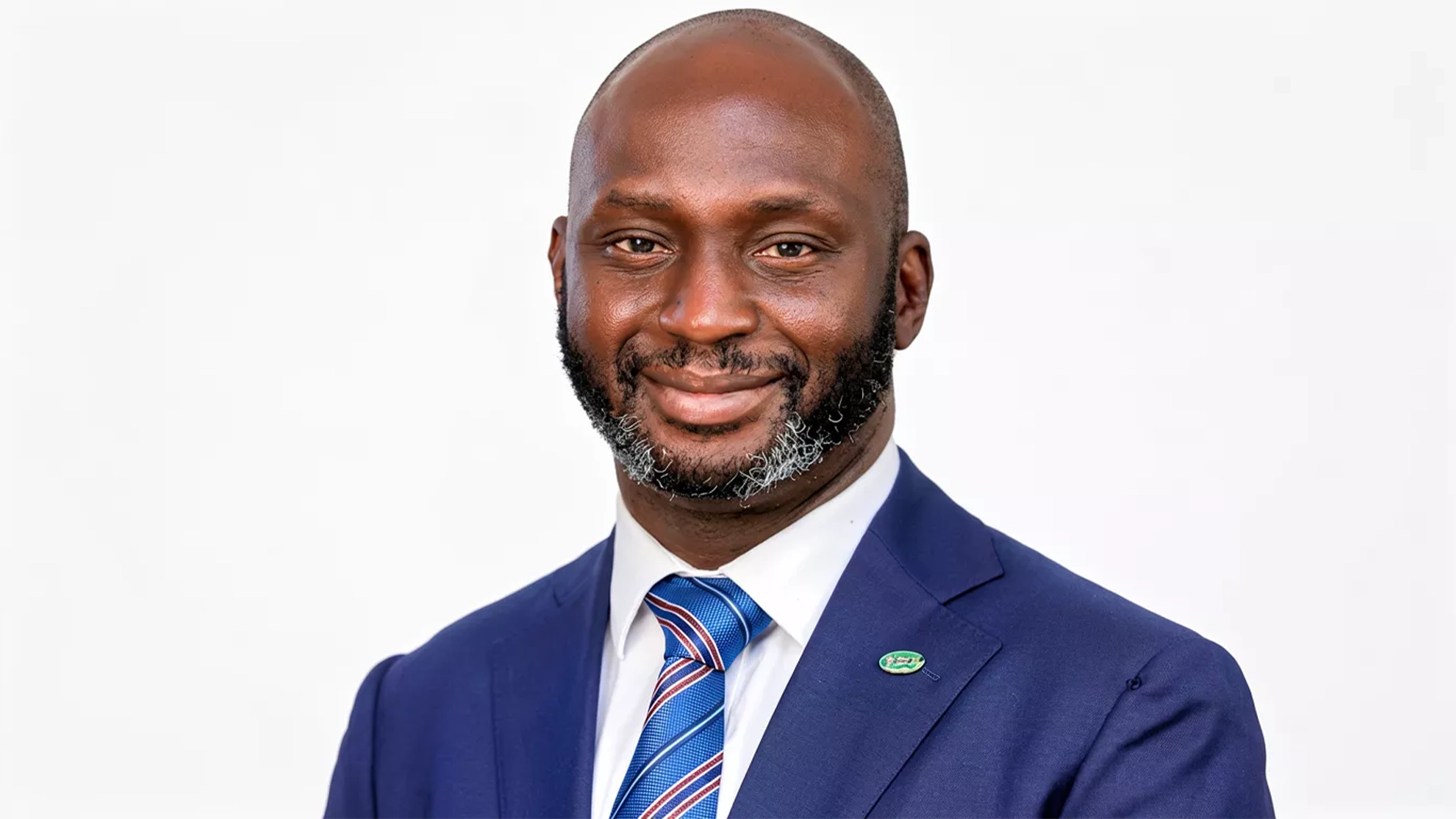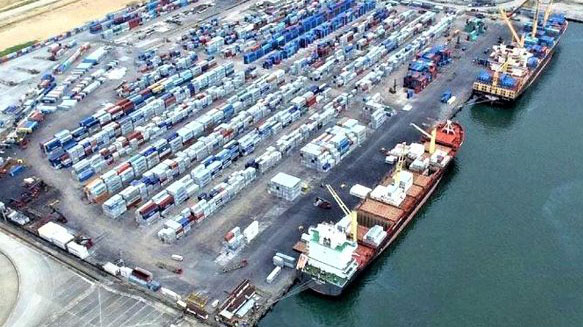
•Asks Tinubu to appoint substantive petroleum minister
A professor of petroleum economics at LSU Centre for Energy Studies, the United States, Omowumi Iledare; Chairman of International Energy Services Ltd, Dr Diran Fawibe; Chairman of Julius Berger Nigeria Plc, Mutiu Sunmonu and Managing Director of International Energy Services Limited (IESL), Bayo Ige, have highlighted the reasons Nigeria must redouble its efforts in developing the renewable energy sector as part of efforts develop the economy.
The scholars, in their different submissions, during the second yearly lecture series of Dr Diran Fawibe, which was held at the University of Ibadan, agreed that renewable energy is the future and mainstay of the economy, stating that all hands must be on deck to develop the sector.
Iledare, who was the guest speaker at the event, said that to develop the renewable energy sector, the Federal Government must set the transition agenda, formulate policies and cooperate with regional allies.
In his lecture titled, ‘Disrupting the Energy Landscape in Nigeria’, Iledare said: “The disruption in the energy landscape, which is characterised as energy transition, emphasises green energy adoption and targets net-zero carbon emission by 2050. But Nigeria has set its net-zero target for 2060. However, the disruption of the energy landscape goes beyond setting the target as it involves strategic thinking and planning.
“The essential steps to finding the best speed at disrupting the energy landscape in Nigeria rest on the government because it is a policy issue. Government must set the transition agenda and perhaps in cooperation with regional allies.”
The don added that the government needed to embrace a transition framework that balances energy security, equity and sustainability with a transparent and accountable process.
“Government should also empower energy institutions with frameworks to attract investment by rewarding entrepreneurship and innovation and constraining inefficiency and waste,” Iledare said.
He suggested the need for public-private partnership (PPP) in finding and developing energy sources based on comparative advantage, saying Nigeria may have to look inward for the type of investment fund required for the energy mix strategy it needs.
The energy expert said there were other essential skill sets needed for an effective mixed energy strategy, which he said should begin with transformational leadership in the energy sector in Nigeria.
“Nigeria as a country needs a transformational not transactional leader to fix the energy sector right. So, energy is life; its consumption drives prosperity and sustainability. Nigeria must go after a robust energy mix driven purely by economics, public policy, good governance and technology.
“Unfortunately, Nigeria, even at its low level of infrastructure development, does not appreciate the relevance of technical education for sustainable development,” he said.
The honouree, Dr Diran Fawibe, in his remarks, said he believed the academia and the industry must collaborate for sustainable growth in Nigeria. Fawibe noted that the level of development seen in developed countries was due to collaboration between the universities and industries as those countries implement research findings.
He, however, said that the government could not fund universities alone, calling on the industries and well-meaning Nigerians, especially alumni, to support universities in Nigeria.
The Chairman of the occasion, Mutiu Sunmonu, said Nigeria was perceived as an oil-rich country, with the oil and gas sector contributing 95 per cent of the foreign exchange earnings, 80 per cent of budgetary revenues and 80 per cent of exports.
Sunmonu, who retired as Chairman of Shell Companies in Nigeria in 2015, noted that gas was creatively disrupting and challenging oil’s conventional dominance in the energy mix, not just in Nigeria but globally.
The Managing Director and Chief Executive Officer of International Energy Services Limited (IESL), Bayo Ige, extolled the virtues of Fawibe, describing his contributions to the industry over the past five decades as “nothing short of remarkable”.






